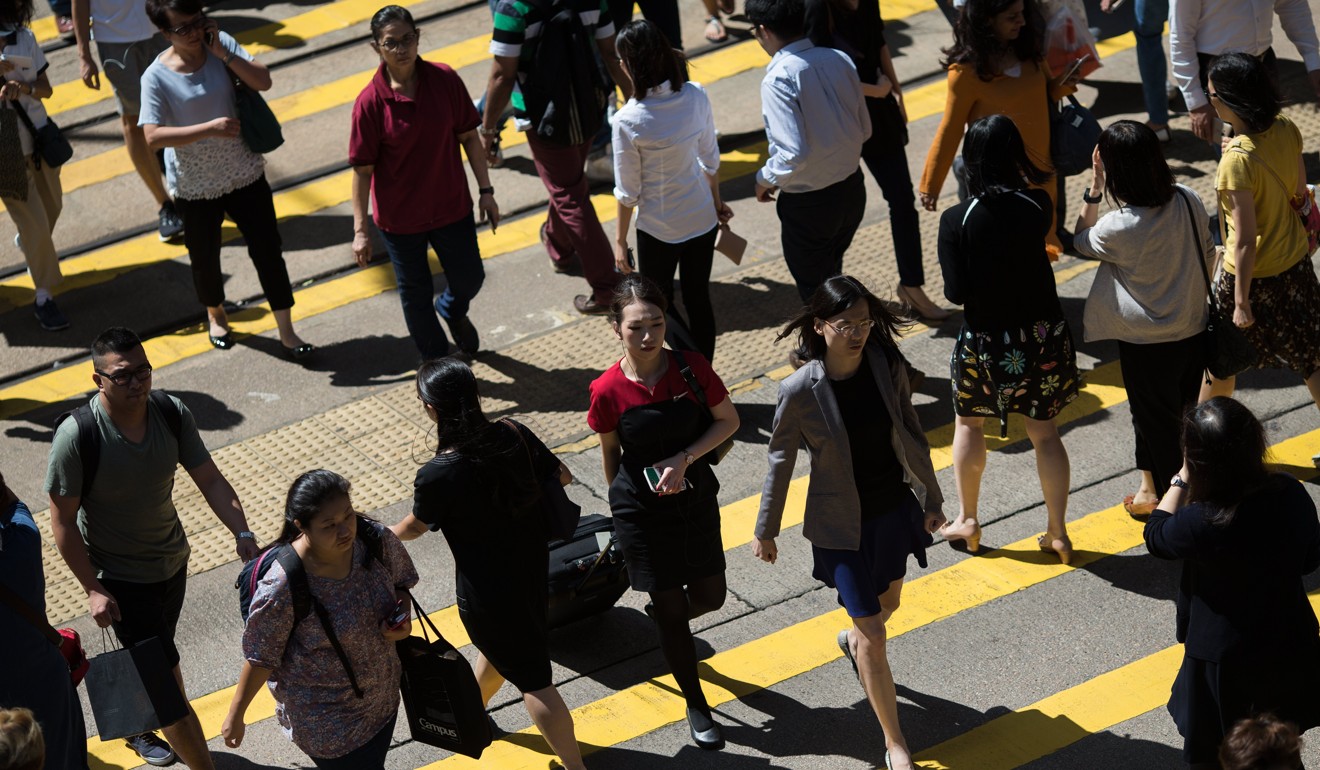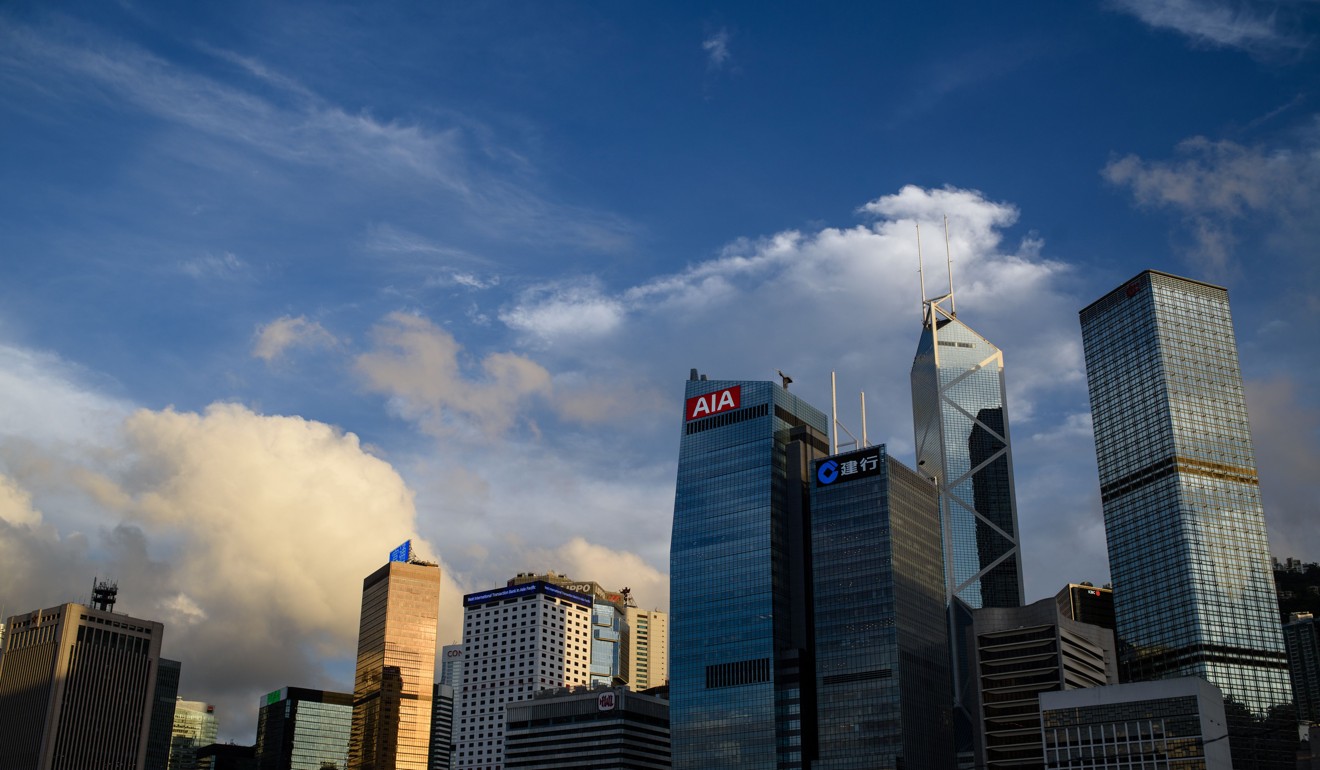
No across-the-board tax cuts for Hong Kong despite US vote to overhaul, finance chief says
City to reserve funds to invest in policy areas that can boost its long-term competitiveness
Hong Kong will not reduce tax across the board despite an anticipated global race of corporate rate cuts following a recent US Senate vote to overhaul what businesses pay, the city’s finance chief said on Sunday.
In his official blog on Sunday, the financial secretary wrote he was aware of analyses that as the United States cut its tax rate, other countries could follow suit, possibly triggering a global race to lower corporate tax collections.

Hong Kong officials, Chan said, “would continue monitoring the global situation, especially in the region, and would not rashly cut tax across the board”.
In the wide-ranging US tax reform, the corporate rate could be cut from its current 35 per cent to 20 per cent. In addition, tax rates would be lower for high-income earners.
And in another major overhaul, US firms would mainly be taxed on their profits in the US as opposed to the current system which sees them taxed on all income earned worldwide.
What should Beijing do to cope with Donald Trump’s tax cut? Chinese experts give their views
Talks between the Senate and House of Representative are ongoing and expected to conclude as early as the end of the month.
Chan said Hong Kong had to balance two considerations.
We have to keep a cool mind to have a rational and objective analysis of our own situation
“On the one hand we have to keep an eye on this development. On the other hand we have to keep a cool mind to have a rational and objective analysis of our own situation.”
The financial secretary noted the city had a profits tax rate of 16.5 per cent, it imposed no capital gains tax, and that apart from cars, liquor, cosmetics, and tobacco, imports were tax-free.
“Internationally, what we have is already very competitive.”
Yet the local business sector has long called on the government for tax reform while the city sits on a huge fiscal surplus. It has warned that Hong Kong could no longer rely only on its low taxes to stay globally competitive.
Chan is consulting the public and political parties on the city’s upcoming budget, which he is expected to unveil in February.
Macau denies it is tax haven after European Union puts it on blacklist of 17 tax-avoidance havens
Chan wrote on Sunday that the two-tier tax system to be introduced in Hong Kong could offer relief to most businesses.
Citing official figures, he said some 80 per cent of companies that had to pay profits tax made less than HK$2 million in profit per year.

Profits above HK$2 million would continue to be subject to the standard tax rate of 16.5 per cent.
Lam also proposed tax breaks to encourage research and development.
Carrie Lam steers clear of politics, pledges billions on technology sector and new housing schemes
On Sunday, the financial secretary wrote that Hong Kong would continue injecting resources into areas such as medical care, education, land, housing, and social welfare.
“We shall also invest a great deal to promote innovation and technology … to boost our overall competitiveness and develop new growth points for the economy in the future,” he added.
Chan further noted the European Union’s release last week of a blacklist of 17 jurisdictions deemed to be tax havens due to lack of transparency or unfair systems encouraging multinationals to evade payment.
Hong Kong does not appear on the blacklist but is among those on a watch list.
He said that when the city contemplated additional tax breaks, it had to carefully consider the possible response of the international community.

